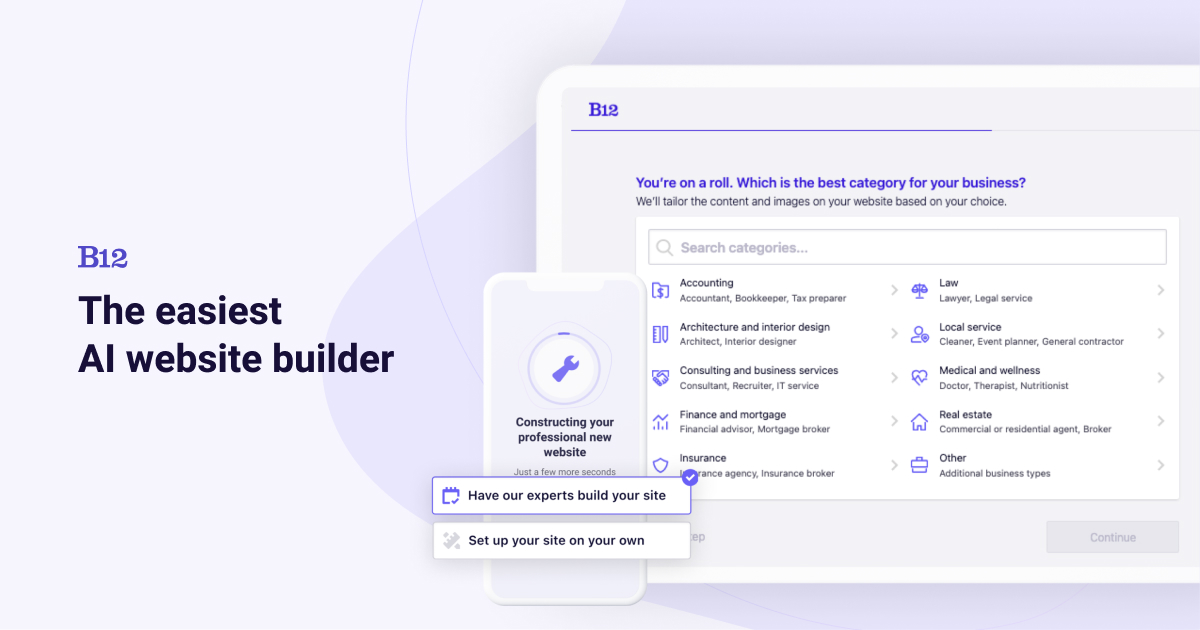5 Ways to Future-Proof Your Business
In today’s rapidly changing business environment, it’s more important than ever for companies to future-proof their operations and strategies. With advances in technology, shifts in consumer behavior, and evolving market trends, businesses must continually adapt to stay relevant and competitive. To help you future-proof your business, here are five key strategies to consider.
Embrace Innovation and Technology
Innovation and technology are at the forefront of future-proofing a business. Embracing new technologies and incorporating innovative practices into your operations can help keep your business ahead of the curve. Whether it’s implementing automation and artificial intelligence to streamline processes, or adopting new communication platforms to connect with customers, staying up to date with the latest tech trends is crucial for future success.
Investing in technology not only improves efficiency and productivity, but it also allows your business to better meet the evolving needs of customers. By leveraging technology, businesses can enhance the customer experience, gain insights into consumer behavior, and adapt their offerings to meet changing demands.
Adopt a Forward-Thinking Mindset
In addition to embracing new technologies, it’s essential for businesses to adopt a forward-thinking mindset. This means being proactive in identifying trends and anticipating future changes in the market. By staying ahead of industry shifts and consumer preferences, businesses can position themselves to capitalize on emerging opportunities and mitigate potential threats.
A forward-thinking mindset also involves a willingness to experiment and take calculated risks. This may involve launching new products or services, entering new markets, or exploring alternative business models. By embracing innovation and being open to change, businesses can adapt to new realities and ensure their continued success in a rapidly evolving business landscape.
Foster a Culture of Adaptability
A key aspect of future-proofing a business is fostering a culture of adaptability among employees. In a rapidly changing business environment, it’s essential for all members of the organization to be open to new ideas, willing to learn new skills, and adaptable to change. By creating a culture that values flexibility and resilience, businesses can better respond to external challenges and capitalize on new opportunities.
Leaders play a crucial role in fostering adaptability within their teams. By encouraging open communication, empowering employees to take initiative, and providing opportunities for professional development, businesses can create a workforce that is better equipped to navigate change and drive innovation.
Stay Agile and Flexible
To future-proof a business, it’s important to stay agile and flexible in your approach to operations and strategy. This means being able to quickly pivot in response to market shifts, customer feedback, and internal developments. By maintaining agility, businesses can adapt to changing circumstances and make timely adjustments to their plans and processes.
One way to enhance agility is by implementing agile methodologies in project management and decision-making processes. This involves breaking down large projects into smaller, more manageable tasks, and regularly reviewing and adjusting strategies based on feedback and new information. By embracing agility, businesses can become more responsive and better equipped to navigate uncertainty and disruption.
Build Resilient Supply Chains
In today’s interconnected global economy, building a resilient supply chain is critical for future-proofing your business. This involves identifying potential vulnerabilities in your supply chain and taking steps to mitigate risks. By diversifying sourcing options, establishing strong relationships with suppliers, and implementing contingency plans, businesses can better withstand disruptions and uncertainties in the supply chain.
Resilient supply chains also involve leveraging technology and data to optimize inventory management, improve forecasting accuracy, and enhance visibility across the supply chain. By utilizing digital tools and analytics, businesses can better monitor and anticipate potential disruptions, enabling them to proactively address challenges and maintain operational continuity.
Collaborate with Strategic Partners
In addition to strengthening your internal operations, collaborating with strategic partners can help future-proof your business. By forming alliances with complementary businesses or industry players, businesses can access new markets, technologies, and resources that can help them stay ahead of the competition and adapt to changing industry dynamics.
Strategic partnerships can take many forms, including joint ventures, co-marketing agreements, or technology-sharing arrangements. By working with partners, businesses can leverage their combined expertise and resources to tackle common challenges and pursue new opportunities. Through collaboration, businesses can enhance their capabilities and position themselves for long-term success in a rapidly evolving business landscape.
Invest in Talent Development
Finally, investing in talent development is essential for future-proofing your business. As the business landscape continues to evolve, it’s crucial to have a skilled and adaptable workforce that can drive innovation and navigate change. This involves providing ongoing training and professional development opportunities to help employees hone their skills and stay updated with the latest industry trends.
Beyond technical skills, businesses should also prioritize developing leadership and soft skills among their employees. This includes fostering a culture of creativity, critical thinking, and adaptability, as well as promoting diversity and inclusion within the workforce. By investing in talent development, businesses can build a resilient and agile team that can effectively respond to the challenges and opportunities of the future.
Conclusion
By embracing innovation, fostering adaptability, building resilient supply chains, collaborating with strategic partners, and investing in talent development, businesses can future-proof their operations and strategies. In a dynamic and rapidly changing business environment, these strategies can help businesses stay ahead of the curve, capitalize on emerging opportunities, and navigate uncertainty with confidence. By prioritizing future-proofing efforts, businesses can ensure their long-term success and sustainability in an ever-changing marketplace.

